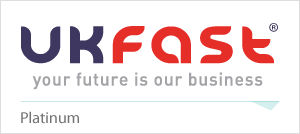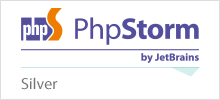
Building scalable PHP applications using Google’s App Engine
While at Sun Microsystems, Mandy worked on improving PHP support for Solaris and OpenSolaris. Attracted by the option to use slides instead of stairs to move between and by the many coloured bicycles, she joined Google as a Developer Advocate in 2010. She started out supporting AdWords API developers in designing and developing scalable and highly integrated AdWords API platforms, frequently written in PHP. Then, attracted by the idea of having everyone run their stuff in the Cloud, Mandy became the Google Cloud Platform Developer Relations lead in EMEA and now works tirelessly to help developers to be successful with Google App Engine, Google Compute Engine and the Google data products.

Building scalable PHP applications using Google’s App Engine
Ian Barber works as a Developer Advocate for Google+, and is based in Google’s London office, where he helps developers make best use of the Google+ platform. Ian is a regular conference speaker, and occasional blogger at http://riskcompletefailure.com and http://phpir.com, and wrote a short ebook on messaging: https://leanpub.com/messageisthemedium. Among various open source interests, Ian is the author of the PHP Support Vector Machine extension and a contributor to the brokerless messaging library ZeroMQ.
Building scalable PHP applications using Google’s App Engine
At Google I/O 2013 back in June, we announced the addition of a new PHP language runtime for App Engine, and that PHP was joining Python, Java and Go as a supported language. Google App Engine allows you to build web applications on the same scalable systems that power Google applications.
In this talk we’ll take a look at building and running highly scalable PHP applications on the App Engine platform. Here’s some of the topics that we’ll cover:
* Deploying and running popular PHP applications and frameworks on App Engine
* Differences between applications running on App Engine and a typical LAMP stack
* Using asynchronous calls for I/O requests
* Utilising App Engine services such as task queues, memcache, mail and servers.
* Composing applications with Google Cloud Storage and Google Cloud SQL
































